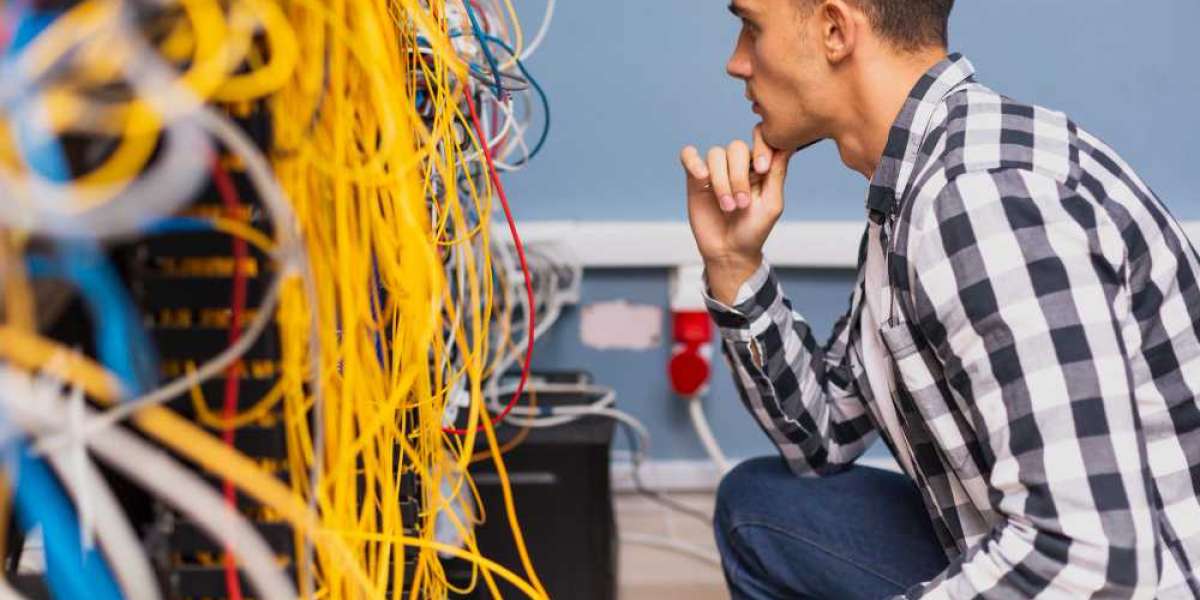Understanding Fiber Internet
Fiber internet utilizes fiber-optic technology to transmit data. Unlike traditional copper wires used in DSL and cable connections, fiber optics consist of thin strands of glass or plastic that carry data as light signals. This method of transmission allows for significantly faster speeds and improved reliability.
The core of fiber technology is its ability to transmit large amounts of data over long distances without losing quality. This is due to the light signals used, which can travel at the speed of light. As a result, fiber internet can deliver speeds that reach up to 1 Gbps (gigabit per second) or even higher, making it one of the fastest options available today.
Benefits of Fiber Internet
- High Speeds: One of the most significant advantages of fiber internet is its speed. Fiber connections can provide download and upload speeds that are much faster than traditional broadband. This makes it ideal for households with multiple users streaming videos, gaming, and working from home simultaneously.
- Reliable Connection: Fiber internet offers a more stable connection with fewer interruptions. Unlike cable and DSL, which can be affected by distance from the service node or interference, fiber optics are less prone to outages. This reliability is crucial for businesses that depend on consistent internet access.
- Symmetrical Speeds: With fiber internet, download and upload speeds are often the same. This is particularly beneficial for activities such as video conferencing, online gaming, and cloud-based applications, where fast upload speeds are just as important as download speeds.
- Future-Proof Technology: As our reliance on the internet grows, so does the demand for faster connections. Fiber internet is considered future-proof because it can easily accommodate increasing data demands. Unlike traditional networks, which may require extensive upgrades to handle more traffic, fiber can support much higher bandwidths without the need for major changes.
- Increased Bandwidth: Fiber networks can handle a larger amount of data traffic compared to copper networks. This means more devices can connect to the internet simultaneously without a significant drop in speed. For families with smart devices, laptops, and gaming consoles, this capability is essential.
- Less Latency: Latency refers to the delay before a transfer of data begins following an instruction. Fiber internet typically has lower latency than other types of connections, which is particularly important for real-time applications like online gaming and video streaming.
- Better for Streaming and Gaming: With the rise of high-definition streaming services and online gaming, having a fast and reliable internet connection is crucial. Fiber internet provides the necessary speed and stability to support these activities, allowing for smooth streaming and minimal lag during gaming sessions.
Choosing a Fiber Internet Service Provider
When looking for a fiber internet service provider, several factors should be considered to ensure you select the best option for your needs:
- Availability: Not all areas have access to fiber internet. Check if fiber service is available in your location before getting too excited about its benefits. Many ISPs offer a coverage map on their websites, allowing you to enter your address and see what services are available.
- Speed Options: Different providers offer various speed tiers. Consider your internet usage habits—streaming, gaming, or working from home—and choose a plan that meets your needs. Remember, higher speeds often come with a higher price tag.
- Contract Terms: Some providers may require you to sign a contract for a specific duration. Be sure to read the terms carefully and understand any early termination fees. If flexibility is essential to you, look for providers that offer month-to-month plans.
- Customer Service: Good customer service is crucial, especially if you encounter issues with your internet connection. Research online reviews and ratings to gauge the provider's reputation for customer support.
- Equipment Rental Fees: Many ISPs provide routers and modems for rent. Check if these fees are included in the monthly cost or if they are an additional expense. Some providers may allow you to use your equipment, which can save you money.
- Installation Fees: Some providers charge installation fees, while others may offer free installation as part of a promotion. Inquire about these costs upfront to avoid surprises on your first bill.
- Bundled Services: Many fiber internet providers offer bundled services, combining internet with cable TV or phone services. Bundling can sometimes lead to cost savings, so consider your overall needs when selecting a provider.
- Data Caps: While many fiber internet providers do not impose data caps, some may have limits on the amount of data you can use each month. If you stream a lot of content or download large files, look for a provider that offers unlimited data.
Conclusion
Fiber internet is transforming the way we connect to the digital world, offering unparalleled speed, reliability, and capacity. As more homes and businesses seek fast and stable internet connections, fiber technology is becoming the preferred choice for many. By considering the factors mentioned above and researching your options, you can find a fiber internet service provider that meets your needs and enhances your online experience.








